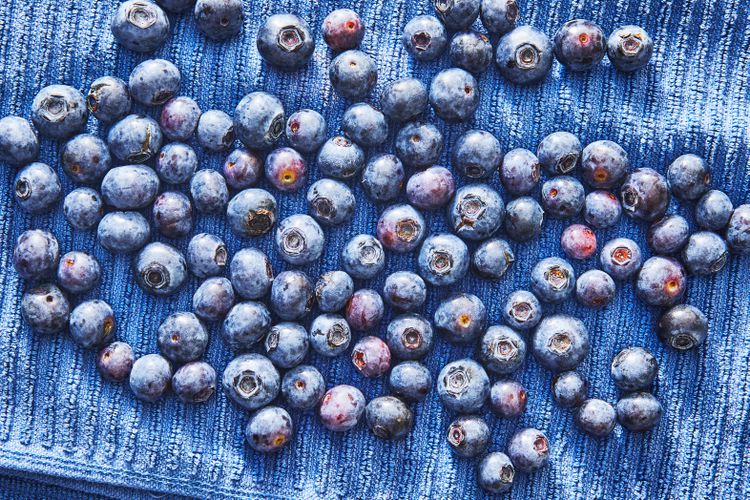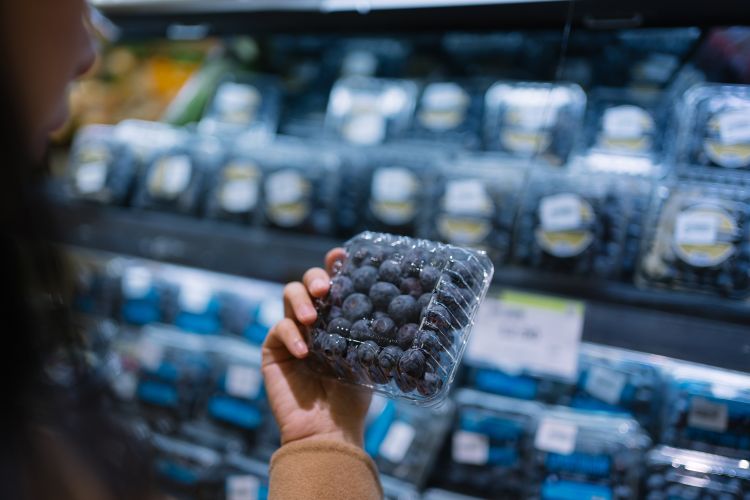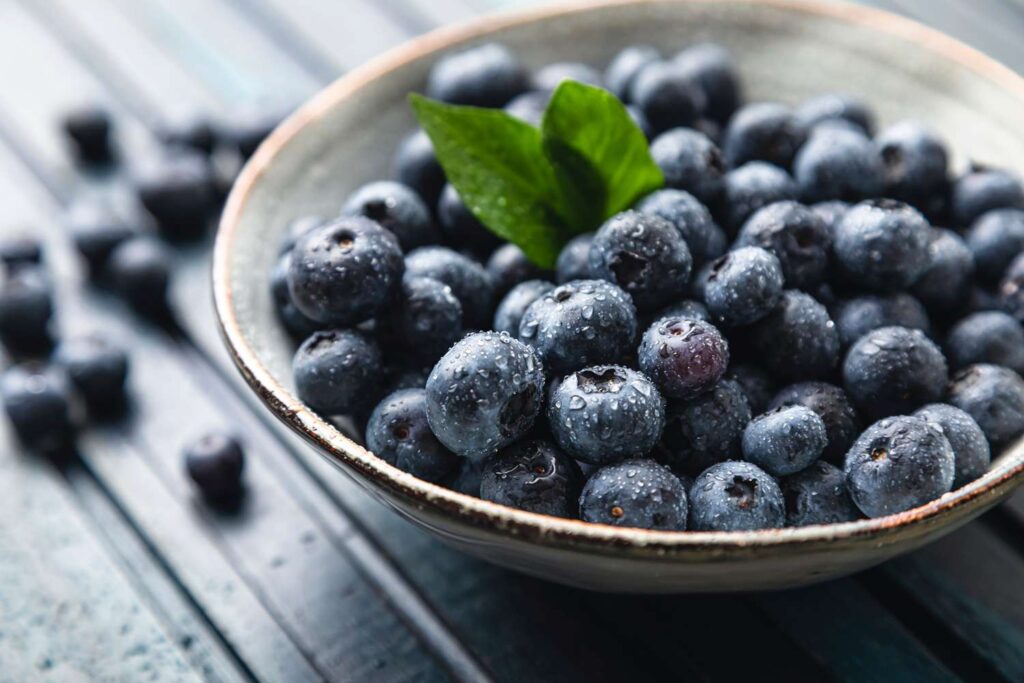
On June 9, 2025, Alma Pak International LLC issued a voluntary recall of 400 bulk boxes (approx. 12,000 lb) of frozen organic blueberries, after routine testing revealed the presence of Listeria monocytogenes. On July 1, the U.S. Food and Drug Administration elevated the alert to a Class I recall, the highest risk level, signaling a “reasonable probability” that consumption could lead to serious illness or death (southernliving.com).
📦 Affected Lots & Distribution
- Lot numbers: 13325 G1060 and 13325 G1096 (southernliving.com)
- Destination: Shipped to a single customer in North Carolina (southernliving.com)
- Retail Impact: Company states product was recovered before market release, so widespread public exposure is unlikely (the-sun.com)
What Is Listeria? Symptoms & Risks

Listeria monocytogenes is a bacteria capable of thriving even at refrigerated temperatures and is commonly found in soil, water, and decaying vegetation (theweek.in). It can contaminate food at any point—from farm to processing plant.
Who’s at Risk?
The most vulnerable include:
- Pregnant individuals (risk of miscarriage or stillbirth)
- Older adults (65+)
- Infants
- Anyone with compromised immune systems (the-sun.com, theweek.in, overheretoronto.com)
Common Symptoms
- Non-invasive (milder): fever, muscle aches, nausea, vomiting, diarrhea (lasting 1–3 days) (theweek.in)
- Invasive (severe): headache, stiff neck, confusion, loss of balance, convulsions, potential meningitis (theweek.in)
Listeriosis is serious—CDC estimates ~1,600 infections and 260 deaths annually in the U.S.—making it the third leading cause of death from foodborne illness (people.com).
Why the FDA Raised the Recall

Initially flagged in early June, the recall was elevated to Class I on July 1, 2025, following confirmation that the finished product tested positive for Listeria (southernliving.com). This designation means the product could cause serious illness or death if consumed (overheretoronto.com).
This action aligns with a broader trend: recent Listeria-related recalls have surged, including turkey bacon, frozen waffles, and pasta meals—all of which carried Class I designations (health.com).
Steps Consumers Should Take
- Check your freezer/pantry
- Look for blueberries marked with the affected lot numbers.
- If in doubt, discard or return immediately (newfoodmagazine.com).
- Clean and sanitize
- Wipe down containers, cutting boards, fridge interiors to prevent cross-contamination (ibtimes.co.uk, newfoodmagazine.com).
- Monitor for symptoms
- High-risk individuals: seek medical attention if symptoms appear within 2 months of exposure (newfoodmagazine.com).
- Stay informed
- Sign up for FDA’s MedWatch for real-time updates and alerts (inkl.com).
What Alma Pak & Regulators Are Doing
Alma Pak and the FDA are investigating the contamination source. Alma Pak claims the entire shipment was intercepted, not reaching consumers, and has intensified product and environmental testing (the-sun.com).
They’re enhancing safety protocols, including vector sampling in production facilities—all of which reportedly returned negative for Listeria following the recall (the-sun.com).
Broader Food Safety Context
This recall adds to an uptick in Listeria outbreaks in recent years—from deli meats in 2021, frozen waffles in 2024, to pasteurized pasta meals in May 2025 (cdc.gov). It highlights persistent vulnerabilities in food supply chains and the necessity for rigorous testing, even in low-risk foods like fruit.
🔍 Bottom Line
The recall of organic blueberries by Alma Pak is a crucial reminder: foodborne pathogens can compromise even routinely consumed produce. Follow these steps:
- Check for affected lots
- Dispose/return any suspicious products
- Clean kitchen surfaces
- Act fast if symptoms appear
Vigilance—from consumers to producers—is key to ensuring food safety. Stay informed, and don’t underestimate the importance of these alerts.